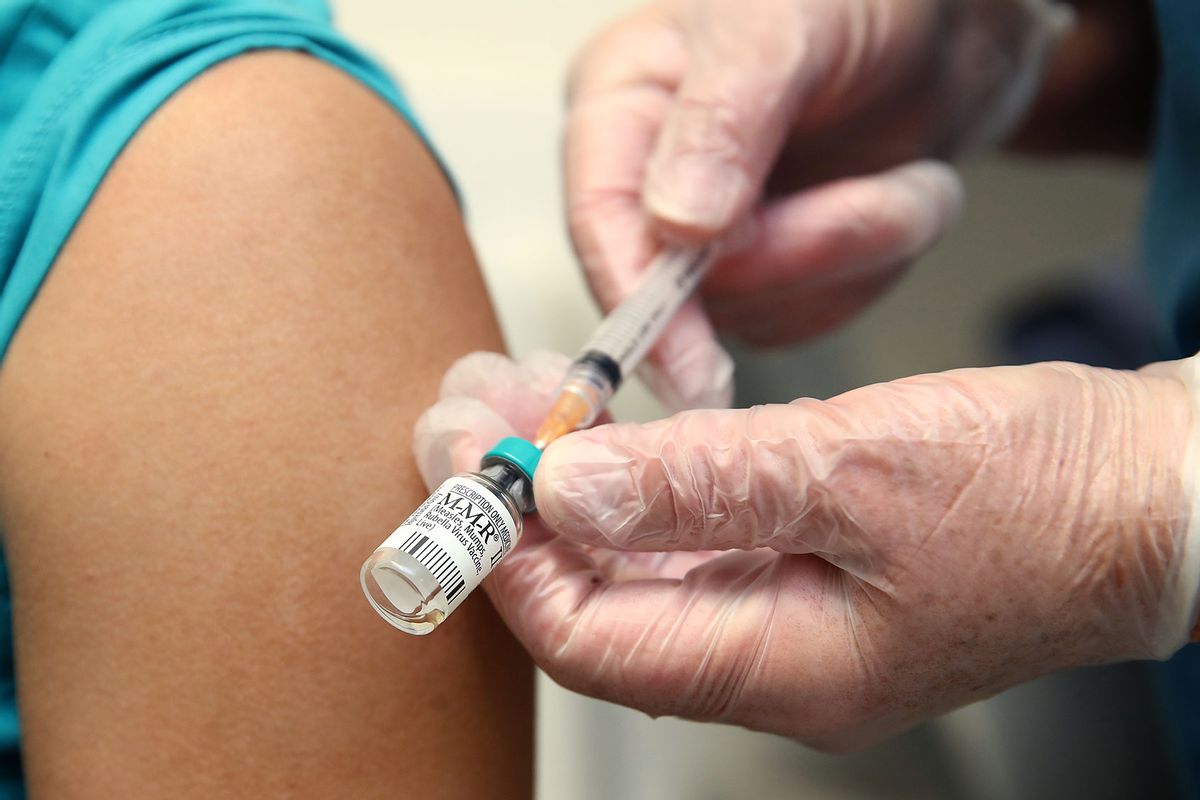Expect more measles outbreaks in 2024, health experts warn

Traveling during the holidays comes with many risks — overbooked flights, delays, bad weather and exposure to COVID-19. And now, people can add exposure to measles to the list. Measles is a viral disease that causes a characteristic rash. The Virginia Public Health Department has issued a warning to people who were at Dulles International Airport on Jan. 3 and Ronald Reagan National Airport on Jan. 4 of this year. Specifically those who were near the international arrivals area of the main terminal at Dulles airport between 4:00 p.m. and 8:00 p.m. on Jan. 3, and to those in Terminal A of the Ronald Reagan airport between 2:30 p.m. and 6:30 p.m. on January 4, 2024, as they might have been exposed to measles.
“Measles is preventable through a safe and effective MMR vaccine. Two doses of the vaccine are given to provide lifetime protection,” the department wrote. “Virginia has high measles vaccination rates, with approximately 95% of kindergarteners fully vaccinated against measles.”
However, children under the age of 12 months are especially vulnerable because they are too young to get vaccinated. The D.C. Health department also issued a warning to its residents.
“DC Health has been notified of a confirmed case of measles in a person who traveled through DC area airports when returning from international travel,” they wrote. “While the threat of transmission is low, DC Health is notifying District residents who were at these locations about their possible exposure.”
It’s not just Virginia and Washington D.C. where measles is spreading. According to the Philadelphia Department of Public Health, there were confirmed cases in December. More recently, there’s been a confirmed case in New Jersey. In the UK, a children’s hospital is being “inundated” with measles cases, with a rise of more than 30% of cases in less than a week, according to the BBC. Dr. Cheung, officer for health services at the Royal College of Paediatrics and Child Health told BBC that we “almost certainly will” see more cases throughout 2024, “partly because we know that vaccination rates are very low and they are not equally distributed.”

